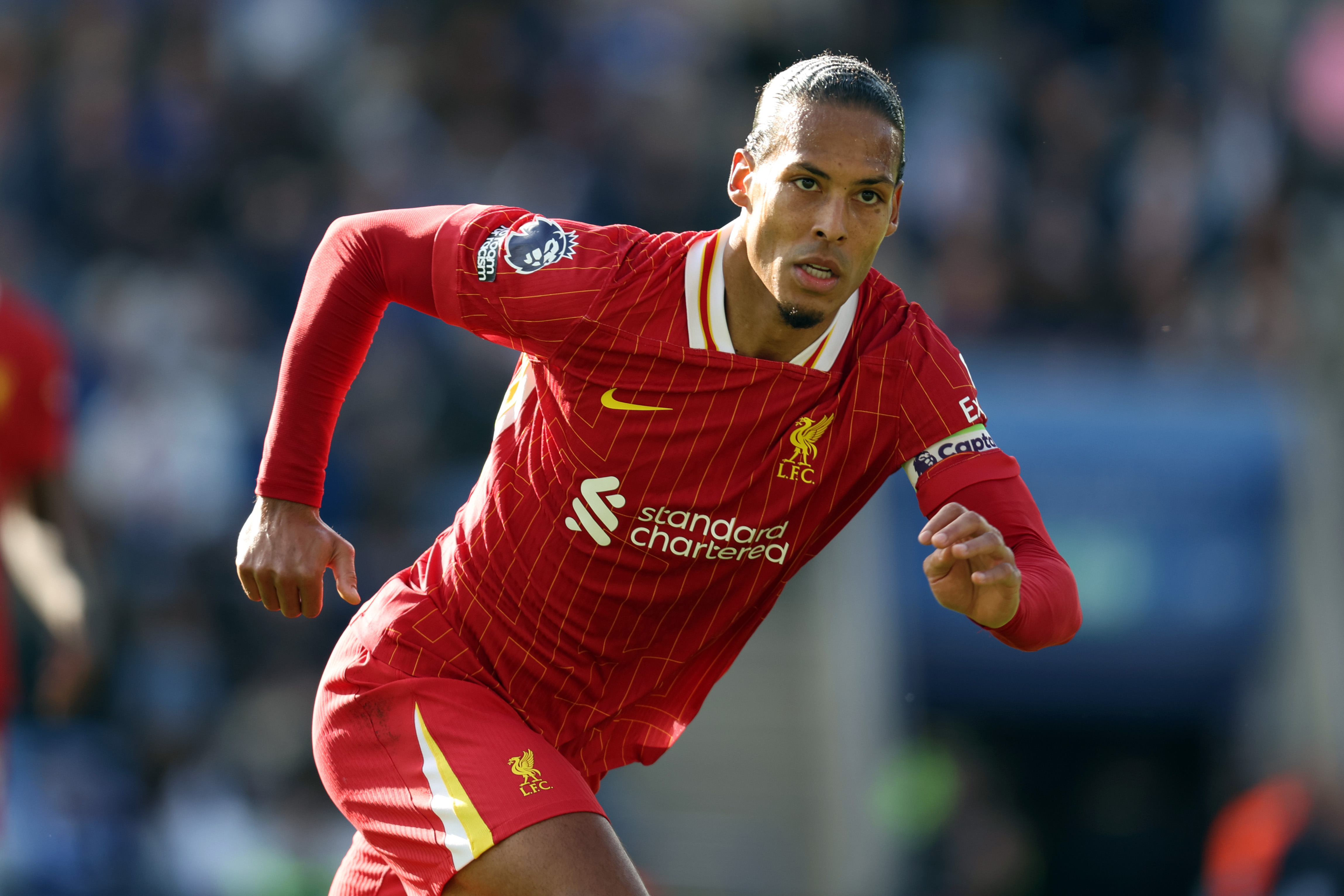The life and loathing of Samir Nasri: arrogant irritant or misunderstood misfit?
Manchester City's out-of-favour playmker is hardly Mr Popular in England or his homeland, but Alex Hess suggests why now is exactly the time to keep him close at Eastlands...
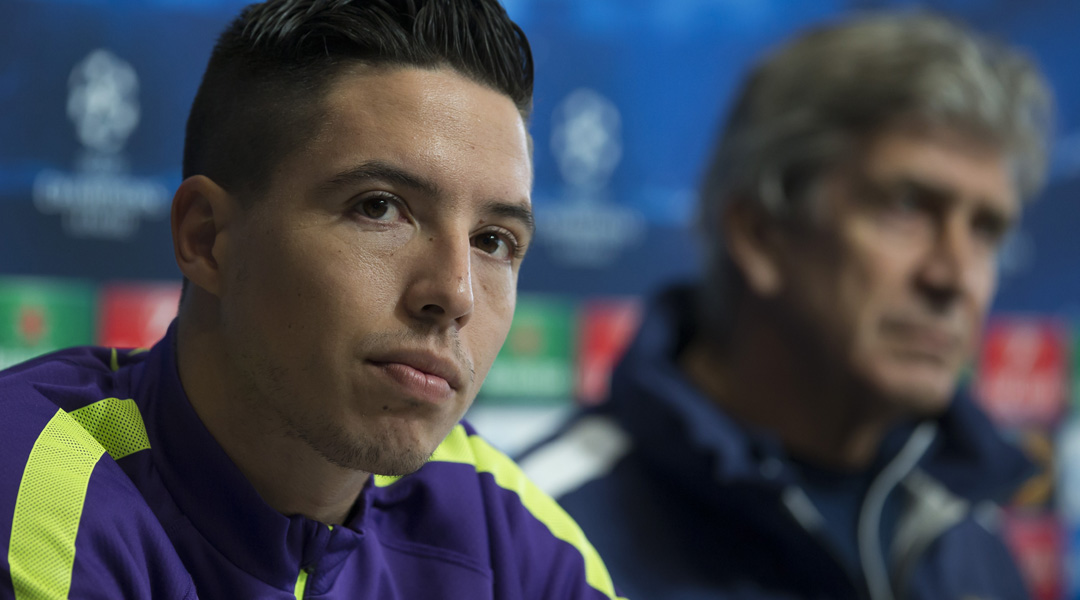
When Danny Welbeck found himself through on goal against Bayern Munich and, with Manuel Neuer looming, opted to dink his shot rather than drill it, it's unlikely he knew he was sealing his fate as a Manchester United player.
Likewise, back in 2007, Robbie Savage wouldn't have realised that he was denying himself an Indian summer at Roy Keane's upwardly mobile Sunderland when he happened upon the hilarious idea of mimicking a popular TV advert on his answerphone message.
In a similar vein, when Samir Nasri got sick of chasing Catalunyan shadows last month, made a beeline for Neymar and took an undisguised swipe at the Brazilian's shins, the possibility that he was reading the last rites to his employment at the English champions won't have formed part of his thinking process.
But it's the small decisions that shed light on the major character traits. Welbeck’s miss convinced the Old Trafford hierarchy he wasn't the dependable striker the club needed; Savage’s voicemail gave Keane the impression of a self-indulgent buffoon – living proof of the great Pulp Fiction maxim that “just because you are a character doesn’t mean you have character”. History has proved neither judgement wrong.
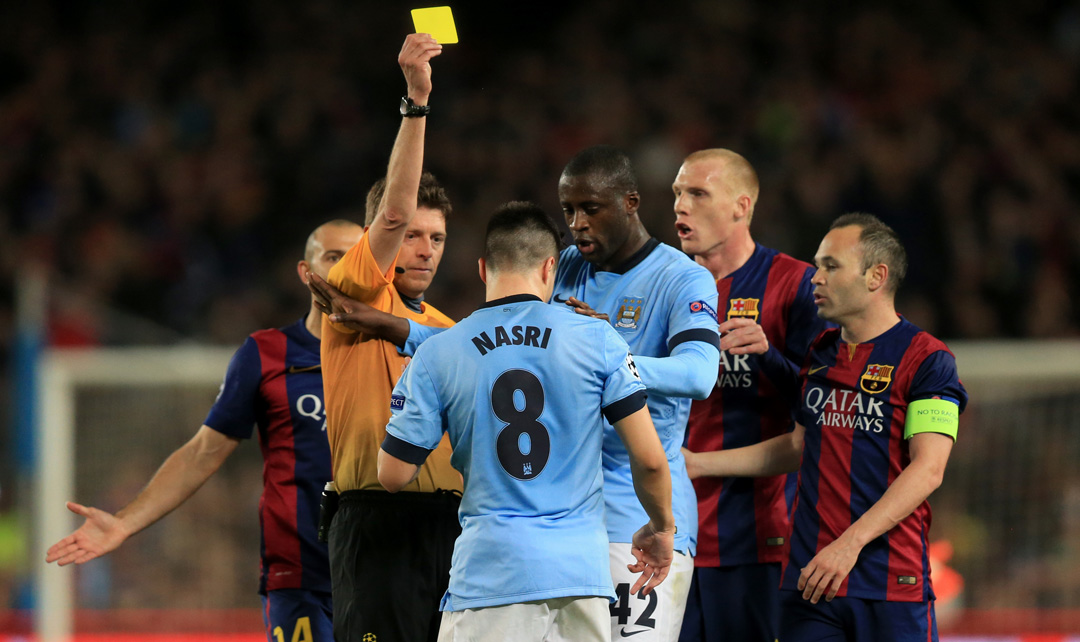
Nasri was promptly removed at half-time at Camp Nou before being dropped from the squad when West Brom came to visit. He was reinstated to the bench for Monday's loss at Selhurst Park, but with City’s underwhelming season fizzling towards its end and suspicions having long been held over his temperament, things suddenly look ominous. It would be no surprise if he didn't make it onto the field for Sunday’s Manchester derby – although equally he could be the beneficiary of a post-Palace shake-up.
Playing the villain
If the club were to cut their losses, there would be few tears shed by neutrals on the Frenchman’s behalf. In Britain, Nasri is largely perceived as a symptom of the modern game’s most objectionable ills: being overpaid, brattish and a mercenary. If the English ideal is of 'a player you’d want in the trenches with you' then Nasri, going by the popular characterisation, would be the opposite: cowering behind a white flag.
Get FourFourTwo Newsletter
The best features, fun and footballing quizzes, straight to your inbox every week.
It’s a reputation that has its basis in a litany of sour episodes in which Nasri has played the protagonist. Fallouts have peppered his career the way profanity does a Sopranos script.
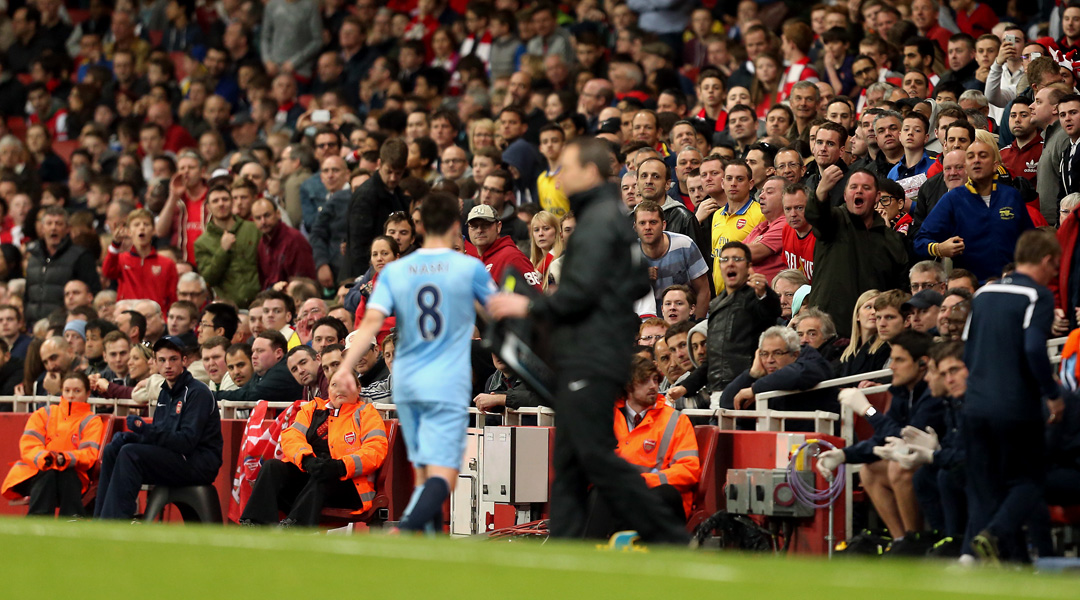
The way he handled his departure from Arsenal – leaving, along with Cesc Fabregas and Gael Clichy, as part of 2011’s mini-exodus – led to a longstanding dispute with the club’s fanbase, who see him as disloyal.
On the way home from France’s Euro 2012 quarter-final exit, he unleashed a tirade at a journalist at Donetsk airport (“There, now you’ll be able to say I was badly brought up”), leading to a ban from the French FA.
More recently, he called time on his international career at just 27 after being omitted from Didier Deschamps’ 2014 World Cup squad, despite having played his way into the starting line-up for the latter stages of the qualification campaign. These are just three incidents; there are plenty more.
From time to time, I’m a jerk
Of course, few footballers would react to these circumstances as Nasri has, but in each instance you do sense that his frustrations were far from baseless.
And if there is a hostile element to him then there’s a degree of self-awareness, too, confessing that “from time to time, I’m a jerk” and that he can often “sound like an arrogant little prick”.
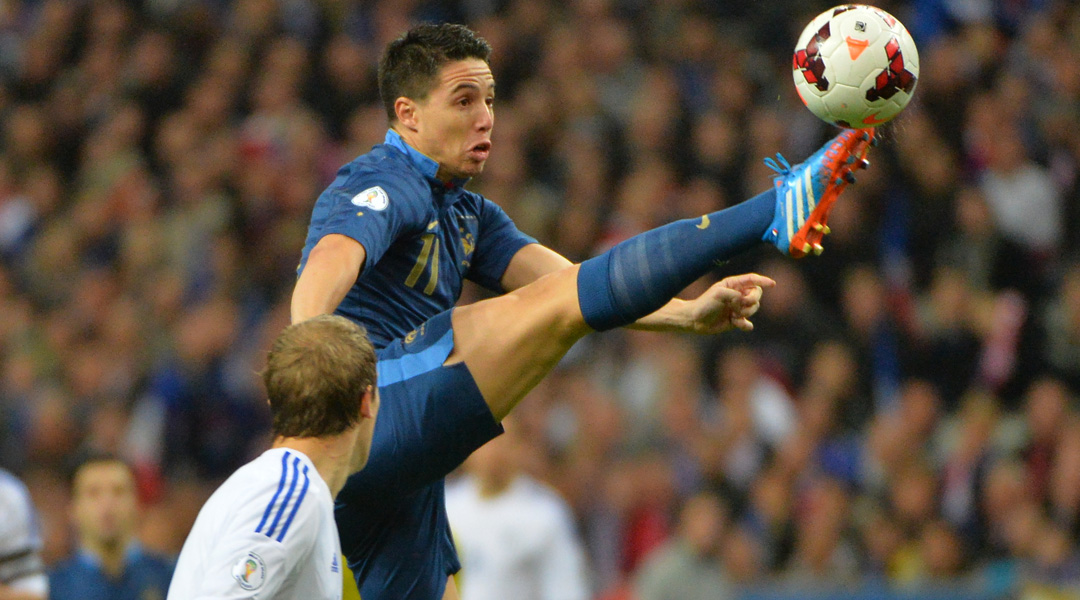
By his own admission, Nasri’s reputation hasn't sprung from nothing, but one also suspects his flaws tend to get highlighted more readily than his perks. Perhaps because, as an impudent-looking Frenchman on the payroll of England’s latest nouveau riche superclub, he makes for a handy blank canvas for fans to project their own wider antipathies onto. And you don’t need to look far to find antipathies towards new money, towards the suppression of English talent, and towards the playing style of glitz-over-graft foreign types.
Ironically, Nasri sees England as something of a safe haven from the venomous stereotyping that blights his homeland. “The people in France in general think all the players just have too much money; they are not polite, they are arrogant,” he told TheTelegraph last year. “It is not a good thing. If you are from a [Muslim] community, it's even worse. France changed a lot. I don’t like it. I love England.”
Blue-eyed to bad boys
If you are from a [Muslim] community, it's even worse [in France]. It changed a lot. I don’t like it. I love England
His distaste for the atmosphere back home is especially unfortunate given how brightly things began. French youth football has had a few bountiful harvests over the years but perhaps none so hyped as the so-named ‘87 Generation.
Nasri, along with Karim Benzema, Hatem Ben Arfa and Jeremy Menez, formed a quartet marked in their teenage years to be destined for greatness, their prominence perfectly timed, in theory, to take the baton from France’s all-conquering cohort led by Zinedine Zidane and Thierry Henry.
Such expectation levels may have been daunting but they were well-founded: the ’87 Generation’s first major feat was to triumph at the 2004 Under-17 European Championship, the final won against a Spain side containing Fabregas, Gerard Pique and Nasri's future Man City team-mate Javi Garcia. Nasri got the winner.
Since then, all four Frenchman have encountered various degrees of turbulence, with professional discipline and off-field issues a recurring theme. Ben Arfa, currently a free agent, has fallen off the rails completely. The careers of Benzema and Menez have finally burst into life – but only over the last year or two, with their various personal controversies having faded as the spotlight on them has dimmed.
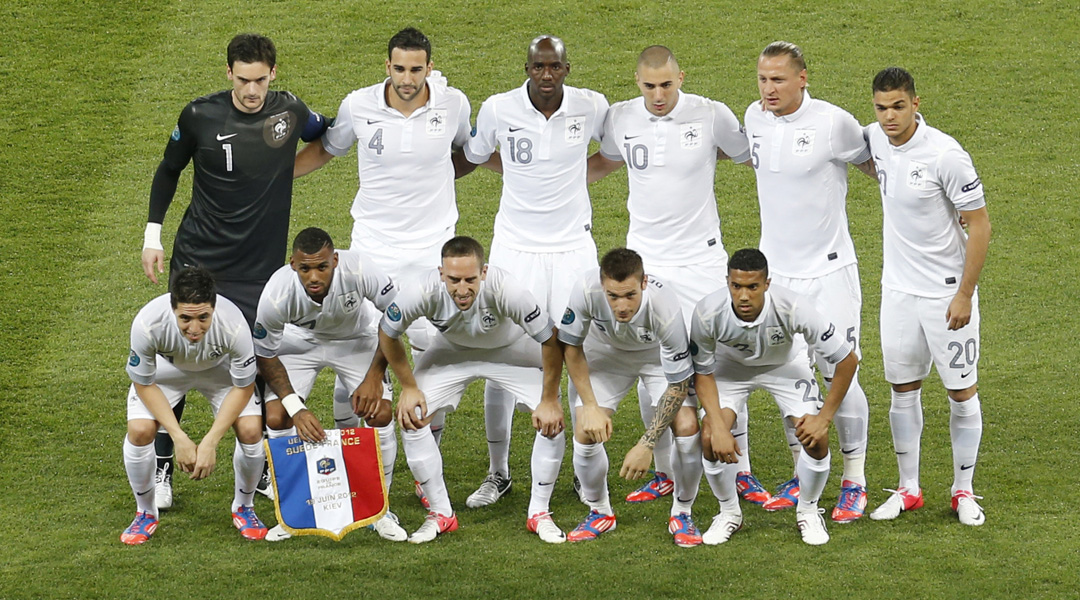
Nasri has seen the best and worst of both worlds. He underwent the same mid-20s blossoming as the latter two, showing some dazzling form in his last season at Arsenal and over City’s two title-winning campaigns.
But there is also, as surfaced at Camp Nou, a tendency towards petulance when the chips are down, with his commitment making for a constant topic of debate – Roberto Mancini famously accused him of too often “thinking it is enough to play at 50 per cent”.
Samir time
His sale, were it to happen, would not be perceived as a major loss for City. With the team often spearheaded by two strikers and fellow attacking midfielders Yaya Toure and David Silva chief among the undroppables during his time at the club, Nasri has remained comparatively peripheral.
And yet now may in fact be the worst possible time for Manuel Pellegrini's side to cut their losses. It is becoming obvious that Toure’s attacking powers are on the wane – his goal tally has dropped from 24 last term to 10 so far this – and next month’s birthday cake will be decorated with 32 candles.
Moreover, City’s best form over the past couple of years has come when the shackles have been loosened and the drifting, creative tandem of Nasri and Silva has whirred into gear. Of the three, it is not the Frenchman who the club would be smartest to cash in on.
I would like to give him a punch, because a player like him should play like this always. Sometimes the player can think it is enough to play 50 per cent
For a side still over-reliant on the individual excellence of Sergio Aguero, Nasri is exactly the sort of final-third risk-taker who could successfully share the attacking burden if he were to be granted the importance and centrality he has so far been denied at City.
He lacks Toure's raw, visceral power but has a lightness of touch and penchant for improvisation that serve the position well.
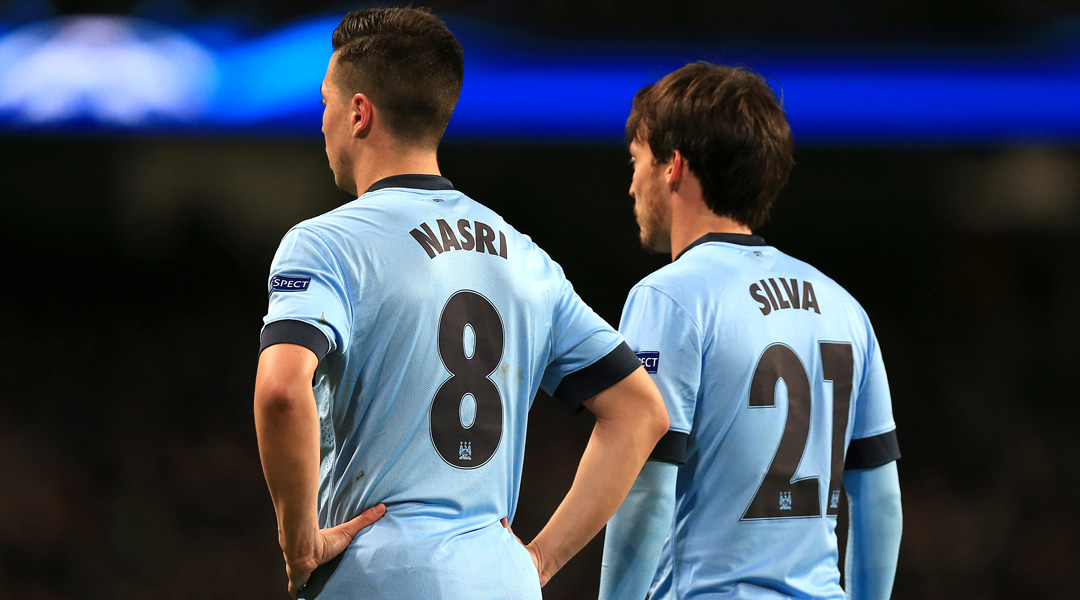
The question of his character, though, will always be a central factor in any decision: pampered problem child or misunderstood misfit? The truth, inevitably, lies in a more nuanced middle ground. But City should be wary of accepting popular consensus and presuming the worst.
And – to employ a national stereotype of our own – the fiery Frenchman has long since proven a mightily effective catapult for success on these shores. Sunday’s opponents know this better than anyone.
Eric Cantona was of a similar age to Nasri’s now when he left Leeds for Old Trafford, and his penchant for recklessness was cheerfully overlooked in favour of the rampant form that transformed the fortunes of an entire club. Nasri, another child of Marseille, is well aware of this heritage. And he surely knows there’s no better opponent against which to prove his worth.
Man United vs Man City LIVE ANALYSIS with Stats Zone
